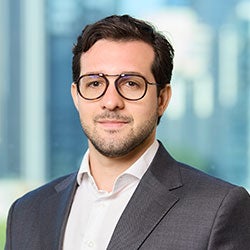Clinical trials are essential for validating the safety, efficacy, and optimal dosing of new drugs, serving as a crucial step in bringing innovative therapies to market. Despite their critical role, clinical trials are inherently complex, lengthy, and resource-intensive processes. On average, developing a new drug takes more than a decade and costs over USD 2 billion per successfully approved medication. Moreover, the success rates from Phase I trials to regulatory approval typically range from only 5% to 15%, highlighting the significant challenges and risks involved in pharmaceutical research and development (R&D).
The global clinical research market currently exceeds USD 70 billion annually and is poised for continued growth. This growth is driven largely by increasing complexity and specialization within drug development. As the availability of straightforward, widely applicable drug targets diminishes, pharmaceutical companies are focusing on breakthrough innovations and advanced therapeutic approaches, such as gene and cell therapies. These cuttingedge therapies often target complex conditions and rare diseases, requiring sophisticated technologies and methodologies. Additionally, the specific and narrow patient populations associated with these advanced treatments make patient recruitment more challenging and extend trial timelines. Heightened regulatory scrutiny and increasingly intricate trial designs further contribute to escalating costs and longer development durations.
As the cost of drug development continues to rise, global pharmaceutical companies are increasingly seeking more cost-efficient markets for clinical trials. Brazilian healthcare institutions are well-positioned to capitalize on this shift by identifying and activating their distinct capabilities to gain relevance in the expanding clinical research industry.
Brazil’s untapped potential in clinical trials
Brazil participates in approximately 300 clinical trials annually, representing only about 2% of global clinical trial activity (Figure 1). Most trials conducted in Brazil are multinational and concentrated in late-stage development phases (Phase III and IV), primarily focusing on therapeutic areas of high relevance such as oncology and infectious diseases (Figure 2).









